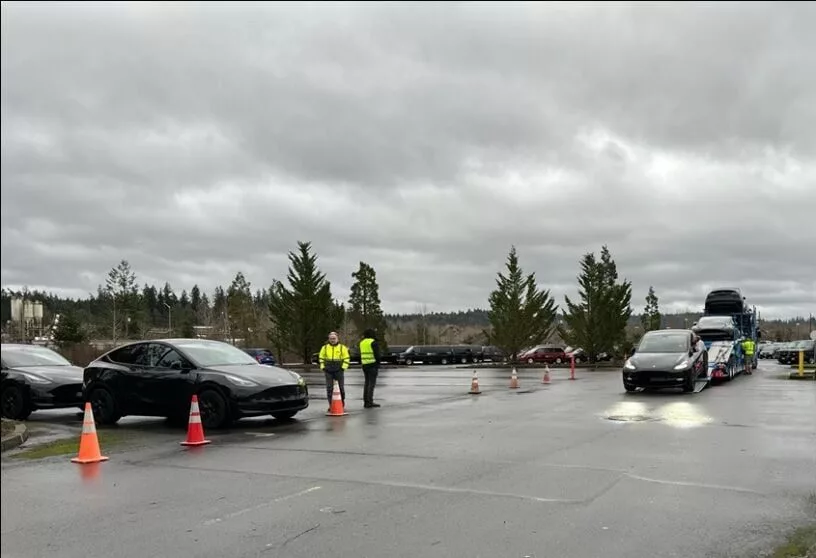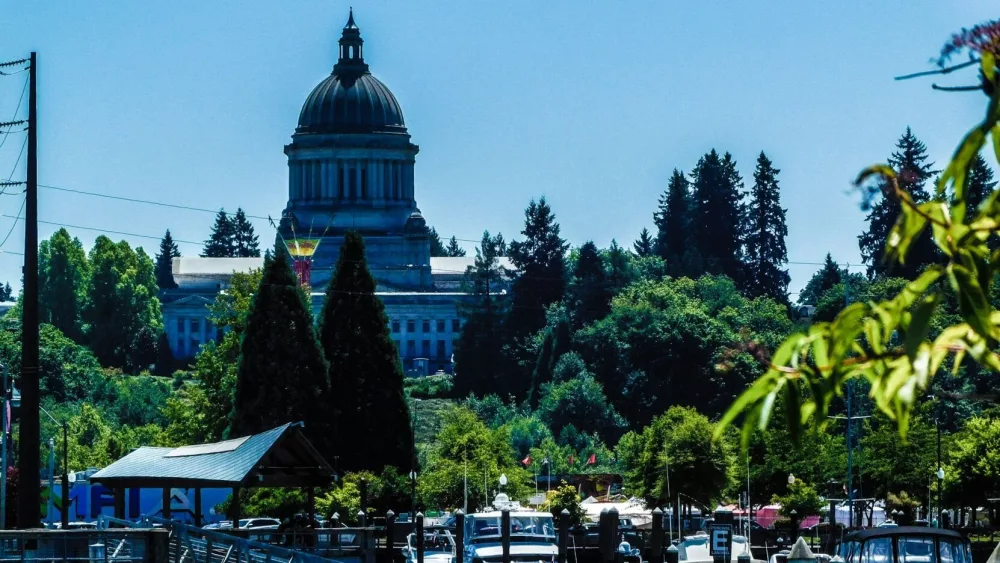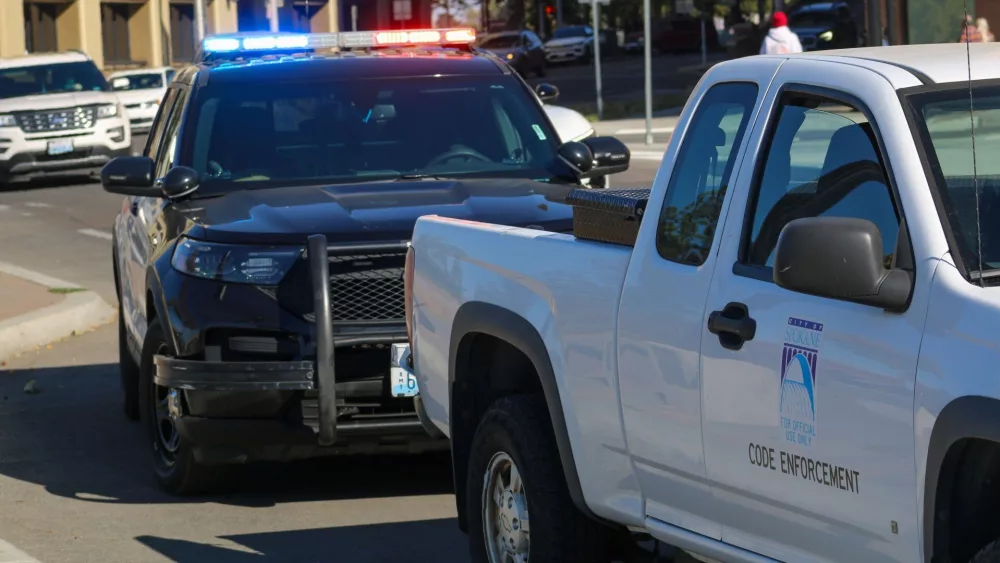(The Center Square) – Spokane Valley City Council members heard a presentation Tuesday from advocates stressing the importance of reliable hydropower and economic benefits provided by four federally operated dams on the Lower Snake River in Washington state.
“There is no other substitute for [hydropower] … It is our superpower,” Chelsea Martin, government relations and communications coordinator for Modern Electric Water Co., told the council.
Martin shared concerns voiced by many others in the Inland Northwest regarding the Biden administration’s mediation agreement submitted in December to a federal judge in Oregon. The pact does not rule out breaching the four dams to restore native salmon and steelhead runs in the Columbia River system. Plaintiffs have long contended that the dams are a major impediment to fish trying to reach native spawning sites in Idaho.
Earlier this month, U.S. District Court Judge Michael Simon approved a five-year pause in litigation against the federal government over the dams’ operations, saying the agreement and accompanying remediation plan – hailed by a coalition of environmental, fishing, alternative energy, and tribal interests – could address issues that have been unresolved for three decades.
But Martin said breaching the dams, if achieved, poses significant impacts across multiple western states, including residents and businesses that are customers of Modern Electric, a Spokane Valley-based, consumer-owned utility that purchases its power from the federal Bonneville Power Administration.
Martin said dam breaching could result in 40% increases in electricity rates, double the risk of region-wide blackouts, disrupt river barging of wheat and other agricultural commodities between Idaho and Pacific ports, and result in truck transportation that would dramatically increase harmful carbon emissions while damaging roadways not built for the increased traffic.
Martin said the White House secretly negotiated a settlement with the states of Washington and Oregon and four Indian tribes – collectively called the Six Sovereigns – while excluding Northwest congressional members, other affected states including Idaho, over 100 electric utilities serving three million customers, and agricultural and irrigation interests.
“There is a huge price for breaching these dams,” said Martin, noting that adding more solar and wind-generate power to the region is welcomed, but those sources can’t match the output and reliability of hydropower when Washington state’s energy needs are expected to double in the next 25 years.
And she contended that “hydro is not the number-one killer of salmon and steelhead.” Ocean warming, toxins that wash into waterways from vehicle tire wear, pollution in the Puget Sound, overfishing, and predation by other wildlife such as sea lions, all pose major threats to fisheries, said Martin.
City council members also heard from Dan Wilson, a legislative affairs official with Local 338 of the United Steelworkers union, representing 1,100 workers at Kaiser Aluminum’s Trentwood milling facility that produces plate and sheet products for aerospace and other engineering applications.
The potential for dramatic increases in electric costs plus the loss of reliable on-demand power supplied by the dams is of deep concern to the company and its employees, said Wilson. Disruptions could affect supply chains and national security, he said.
The City of Spokane Valley recently joined Greater Spokane Inc. and other regional interests in submitting testimony to U.S. Rep. Cathy McMorris Rodgers of Spokane, who represents the 5th Congressional District of eastern Washington, in maintaining the Columbia River System including the Snake River dams – Ice Harbor, Lower Monumental, Little Goose, and Lower Granite.
Mayor Pam Haley said information provided by Martin and Wilson will be considered for inclusion in the city’s federal legislative priorities as part of a delegation visit to Washington, D.C. next month.





